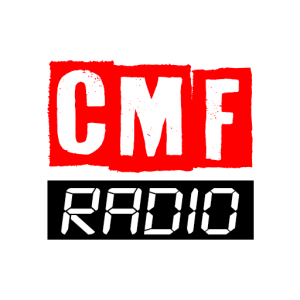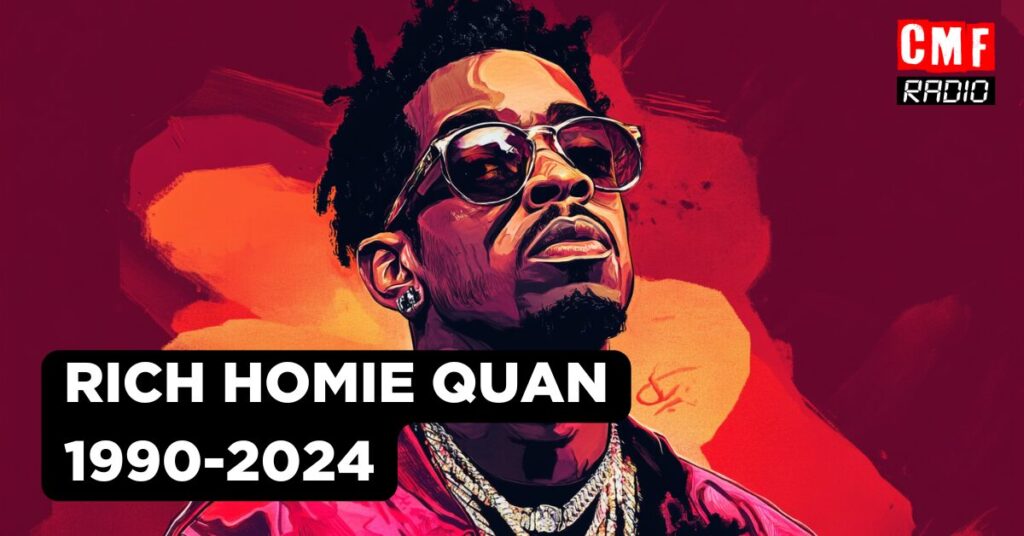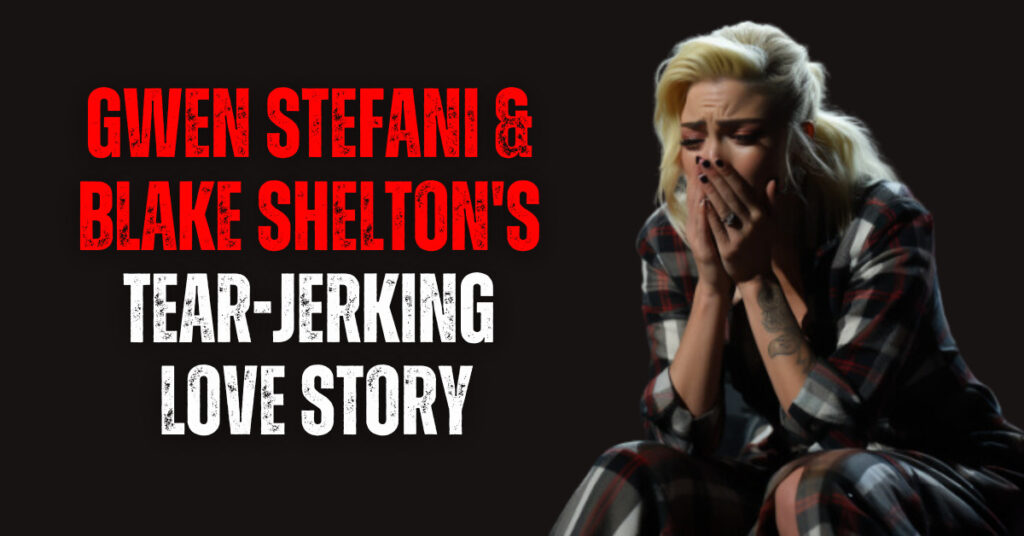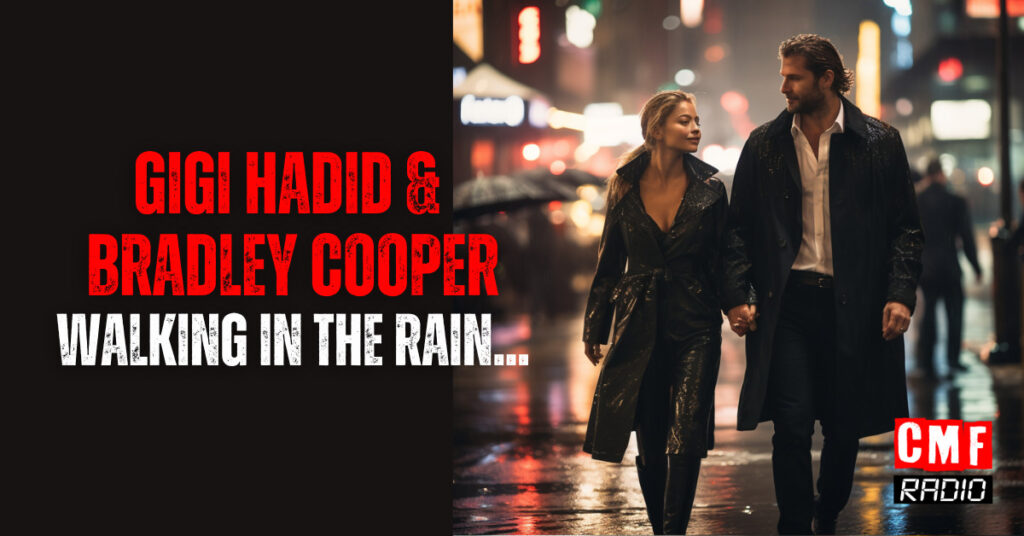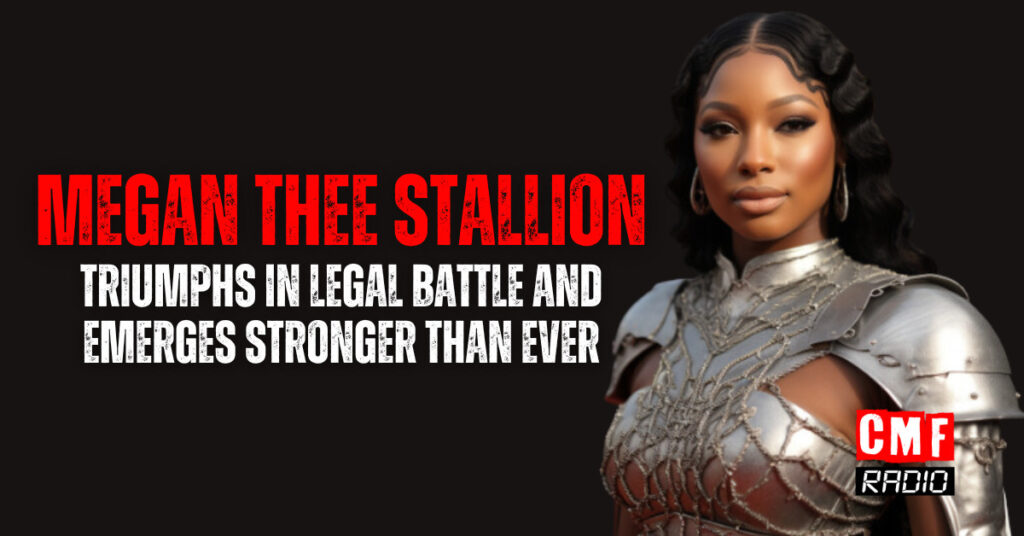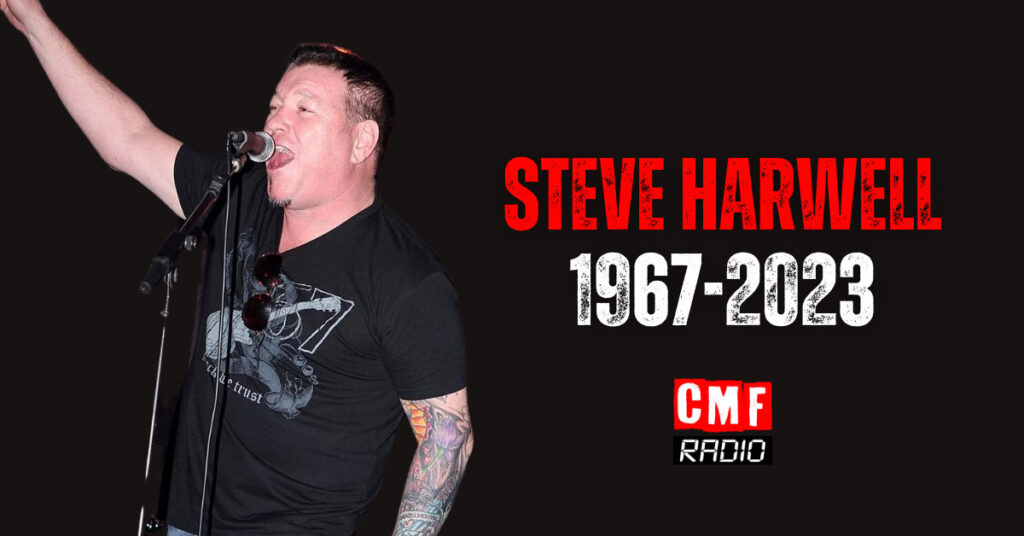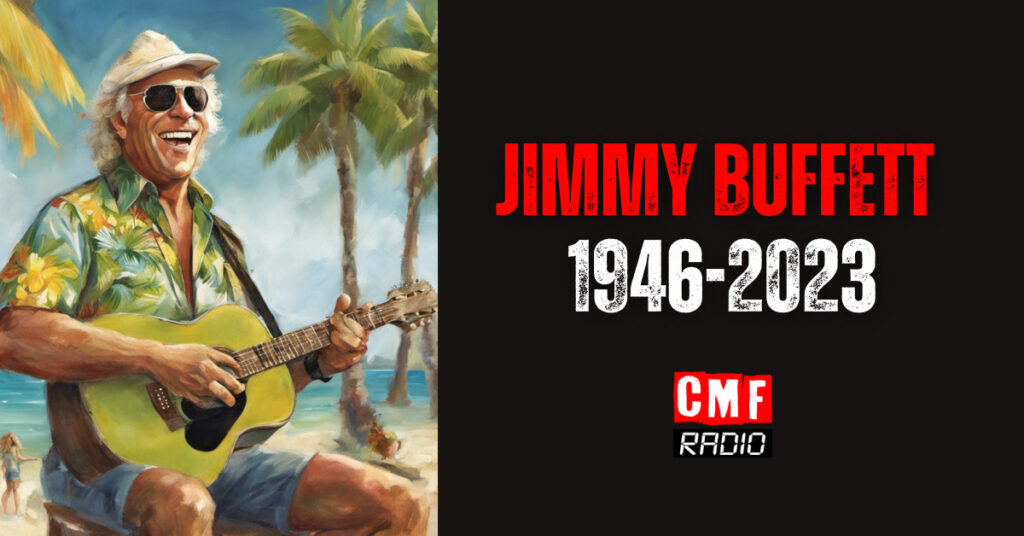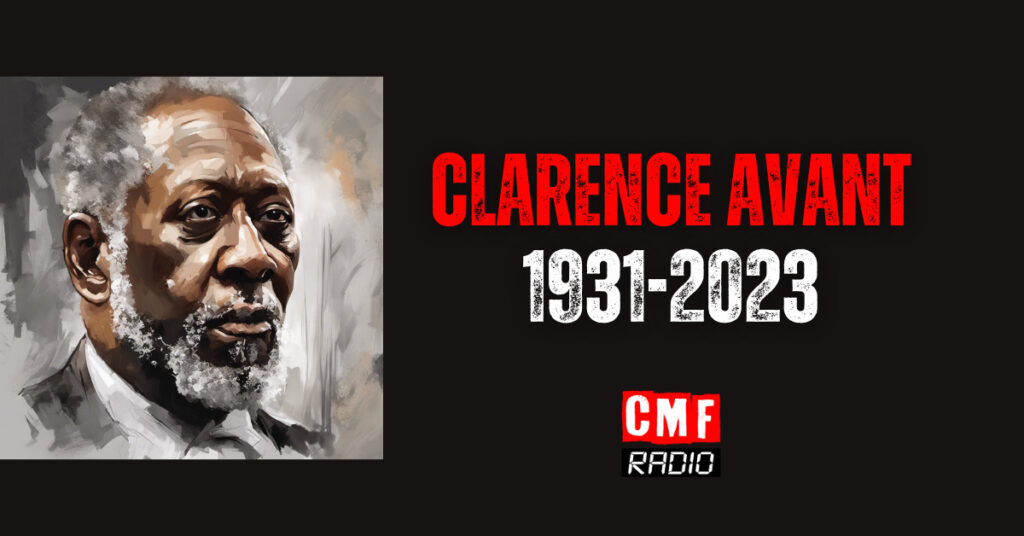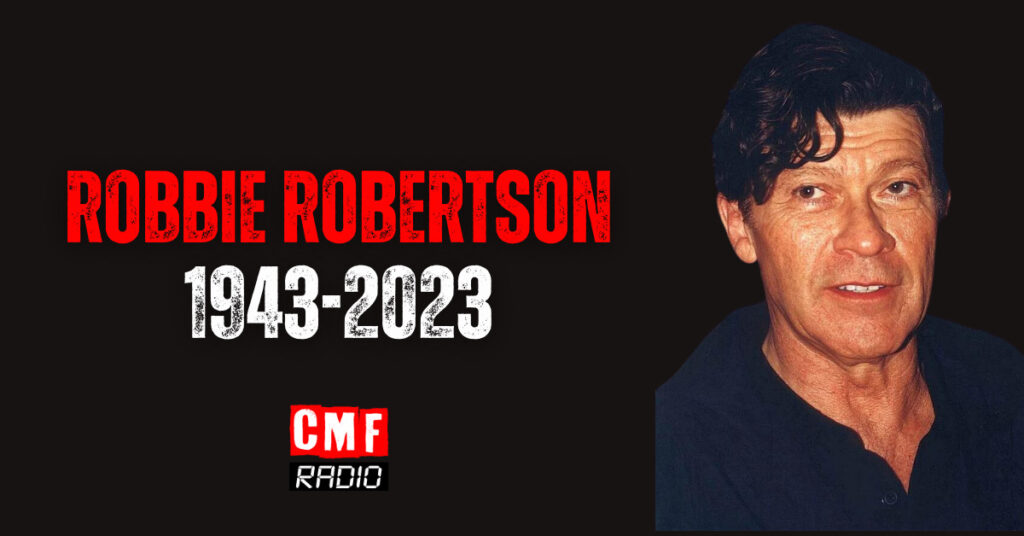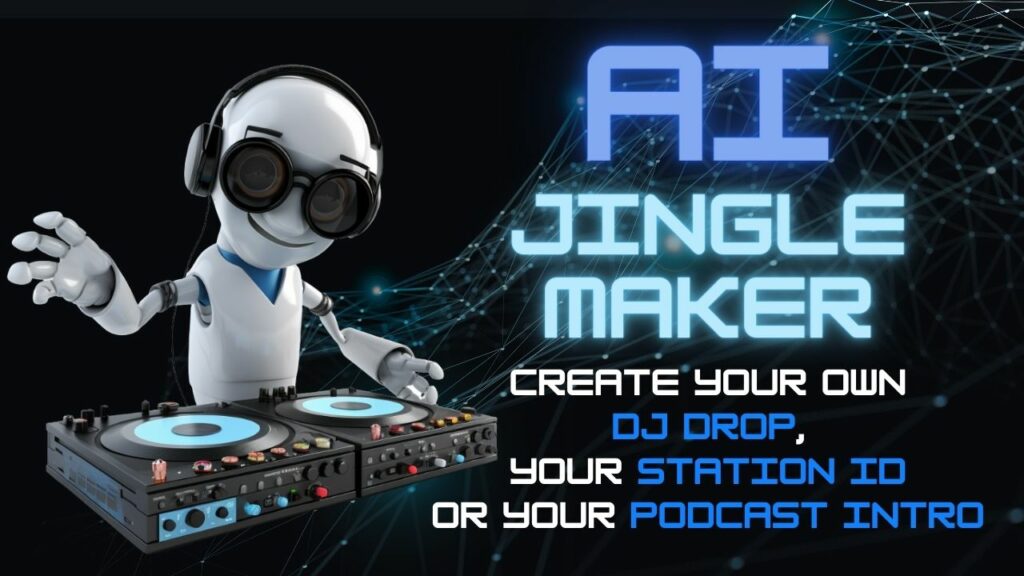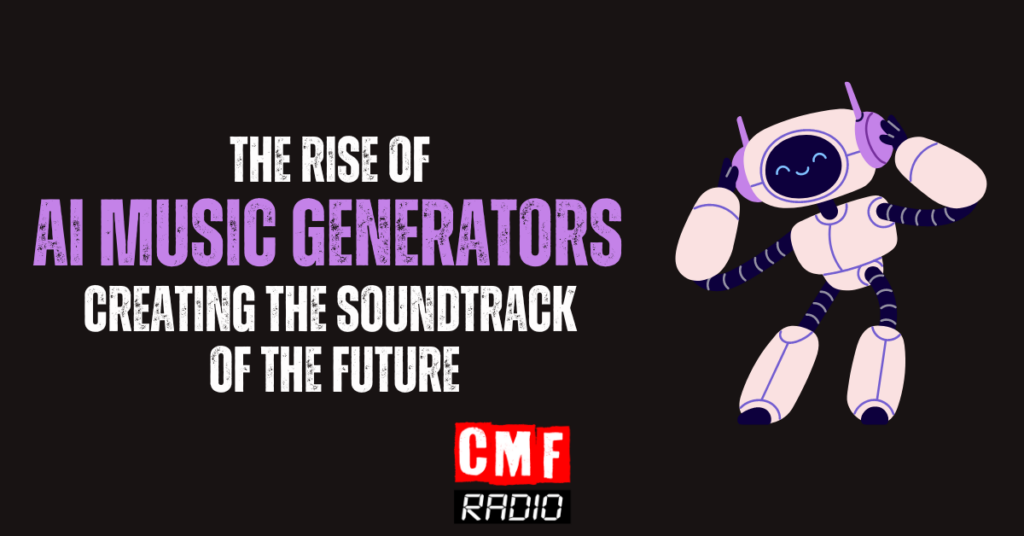
As a music enthusiast, I have always been fascinated by the creative process behind the songs that provide the soundtrack to our lives.
From catchy pop hooks to soul-stirring melodies, music holds the power to evoke emotions and transport us to different places and times.
So, when I first heard about AI music generators, I was both excited and skeptical.
How could a machine replicate the artistry of human musicians?
In this article, we will explore the world of AI-generated music, its legal implications, the emergence of different music generators, and how they are revolutionizing the music industry.
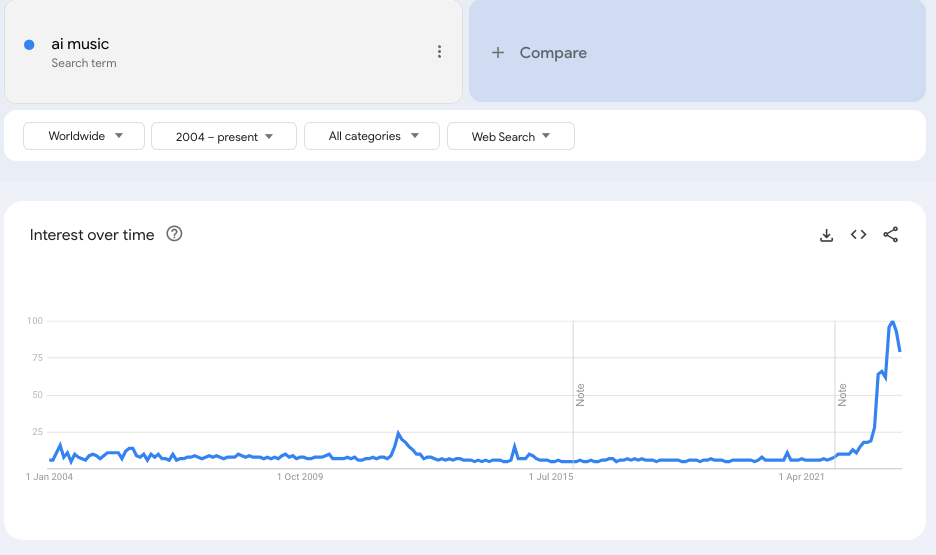
Can AI-generated music imitate popular artists?
Yes, AI technology has made significant strides in imitating the styles of well-known artists like The Weeknd, Drake, and Ariana Grande.
Through complex algorithms and deep learning techniques, AI music generators can analyze vast libraries of music and extract patterns, chord progressions, and other characteristics that define an artist’s unique sound.
While this raises questions about the legality of imitating copyrighted material, it also showcases the incredible potential of AI in replicating the musical styles we love.
What are the legal concerns surrounding AI-generated music?
The legal landscape surrounding AI-generated music is still evolving, and there is ongoing debate about whether it infringes on existing copyrights.
Some argue that AI should be allowed to train on copyrighted works as it is part of the learning process, much like how human musicians are influenced by their predecessors.
However, others believe that only original art should be protected, and AI should not be granted the same rights and protections. The resolution of these legal concerns will be crucial in shaping the future of AI music generators.
How has the emergence of AI music generators transformed the industry?
The emergence of AI music generators has brought a new wave of innovation to the music industry. Platforms like AIVA, Soundful, Mubert, Boomy, and Riffusion have democratized music creation by offering accessible and user-friendly interfaces.
These platforms provide an array of features and subscription options, allowing users to explore their creativity and produce high-quality music tracks without the need for extensive music theory knowledge or composition skills.
This democratization of music creation has opened doors for aspiring musicians and content creators around the world.
Can you create music with AI music generators without music theory knowledge?
Absolutely! One of the most significant advantages of AI music generators is their ability to enable individuals to create unique songs without deep knowledge of music theory or composition.
These platforms offer intuitive interfaces where users can experiment with different elements such as genre, mood, tempo, and instrumentation.
The AI algorithms then analyze the user’s inputs and generate a composition that fits their desired preferences. This accessibility empowers creators across various fields, from content creators to musicians, advertisers, event organizers, and fitness instructors.
What customization options do AI music generators provide?
AI music generators are highly customizable, allowing users to tailor various elements of their music tracks.
Users can select their desired genre, ranging from classical to hip hop, and specify the mood they want to convey, be it uplifting or melancholic.
Additionally, users have control over tempo, instrumentation, and even specific instruments they want to include. The level of customization allows for personalized compositions that align with the unique vision and requirements of each user.
What are the limitations and attributions of AI music generators?
Depending on the platform and membership plan, users may encounter limitations on downloads or commercial usage of the generated music.
Some platforms require users to attribute the AI music generator platform itself for the copyright of the music.
These limitations are in place to maintain fairness, protect intellectual property, and support the continued development and availability of these platforms.
Users should carefully review the terms and conditions of each platform to understand the extent of their usage rights and obligations.
How do AI music generators revolutionize the music industry?
AI music generators are revolutionizing the music industry by expanding the boundaries of creative possibilities.
Through the use of complex algorithms and vast music databases, AI can now generate compositions that sound harmonious and human-like.
This technology is enabling musicians to explore new musical territories, pushing boundaries and blending genres in ways that would have been unimaginable without the assistance of AI.
Moreover, AI music generators can significantly enhance the workflow of content creators by providing them with original, high-quality music that aligns perfectly with their projects.
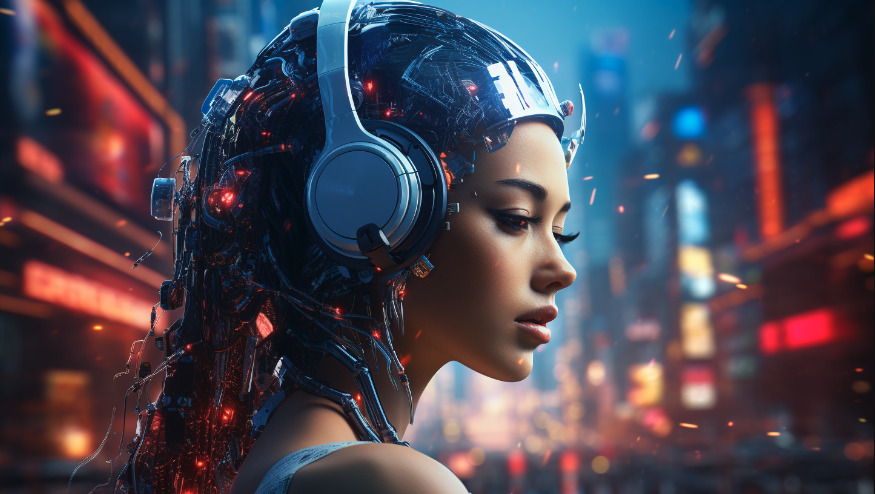
How versatile are AI music generators?
AI music generators have found applications in various fields, catering to the needs of a diverse range of users. Content creators can utilize these platforms to create background music, soundtracks, and sound effects for their videos, podcasts, and multimedia projects.
Musicians can use AI music generators as a source of inspiration and a tool for experimenting with different styles and genres.
Event organizers can rely on AI-generated music to create unique ambiance, while fitness instructors can find the perfect beats and rhythms to energize their workouts.
The versatility of AI music generators is limited only by the creativity of the users.
What are some recommended AI music generator platforms?
Several AI music generator platforms have gained recognition for their capabilities and user-friendly interfaces.
Mubert, Soundful, Soundraw, Aiva, Loudly, Beatbot and Beatoven are among the top recommendations.
Here’s a rap song generated (music & lyrics) by Beatbot.fm with the folllowing prompt: A rap song about the fast advances in AI generated music.
Each platform offers unique features and subscription options, allowing users to find the one that best suits their needs and preferences.
These platforms provide an excellent starting point for users looking to explore the world of AI-generated music and unleash their creativity.
What are the most popular AI Voice Generators?
I’d like to highlight three platforms which seem to be the most popular AI Voice Generators at time of writing:
Uberduck.ai Impressive Text To Song platform. It was used by David Guetta to deliver this live performance, feat. Eminem’s cloned voice.
Kits.ai It offers a very nice user experience. You can upload your own a capella recording which will be automatically transposed into one of their AI voices.
Synthetizer V by Dreamtonics You can create the melody of your voice using MIDI. Then simply type in the text attached to each voice and the AI will sing your lyrics! If you don’t know how to compose MIDI tracks, you can use an application like Dubler 2 by Vochlea to generate MIDI just with the sound of your voice!
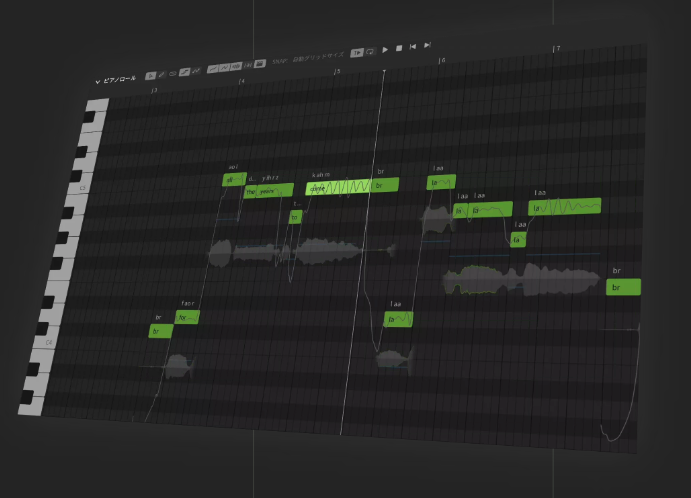
Does Google have their own AI music generator?
Yes, Google has an AI music generator called MusicLM. In my opinion, it’s one of the very best options on the market today, delivering very convincing outputs.
Listen to an example based on this prompt: Jazz featuring a prominent trumpet solo, moderate tempo with other instruments accompanying it.
MusicLM is an experimental text-to-music model that can generate unique songs based on text descriptions. It was trained on hundreds of thousands of hours of audio to learn to create new music in a range of styles.
Users can input a prompt like “soulful jazz for a dinner party” and MusicLM will create two versions of the song for them.
MusicLM can also be instructed via a combination of picture and caption, or generate audio that’s “played” by a specific type of instrument in a certain genre.
However, MusicLM is still in the experimental stage and has its limitations
Does Meta have their own AI music generator?
Yes, Meta has released its own AI music generator called MusicGen. You can test it on HuggingFace. Music Generation takes slightly longer than with MusicLM, the Google AI Music Generator.
Listen to an example based on the prompt I used earlier with MusicLM: Jazz featuring a prominent trumpet solo, moderate tempo with other instruments accompanying it. To be fair, it’s far less convincing… 🤔
MusicGen is trained on 20,000 hours of music that includes 10,000 “high-quality” licensed tracks and 390,000 instrument-only tracks from ShutterStock and Pond5.
The AI music generator works by generating a snippet of about 12 seconds of audio based on a text prompt.
MusicGen was trained to be better at a wide variety of genres than other AI music generators like Google’s MusicLM.
While the model itself is open source, Meta has not provided the code it used to train the model. Instead, pre-trained models are available for download.
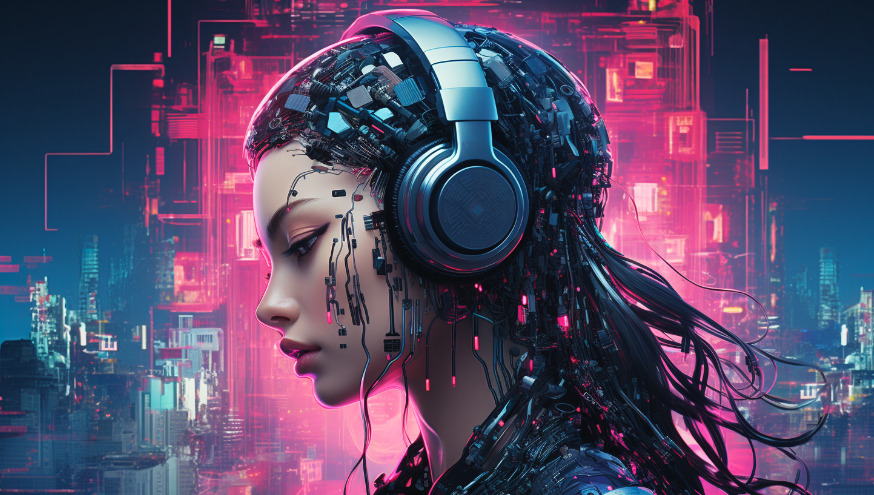
The results from MusicGen and other AI music generators aren’t going to be putting musicians out of a job anytime soon, but they can produce reasonably melodic songs for basic prompts
The rise of AI music generators has undoubtedly reshaped the landscape of music creation.
These innovative platforms have democratized the process, allowing anyone with a creative spark to become a composer and producer. While legal concerns and limitations persist, the potential for AI-generated music to inspire and innovate is undeniable.
As we navigate this new frontier, it is essential to strike a balance between fostering creativity and respecting intellectual property rights. With AI music generators, we are witnessing the emergence of a new era in music, where machines and humans collaborate to create the soundtracks of the future.
